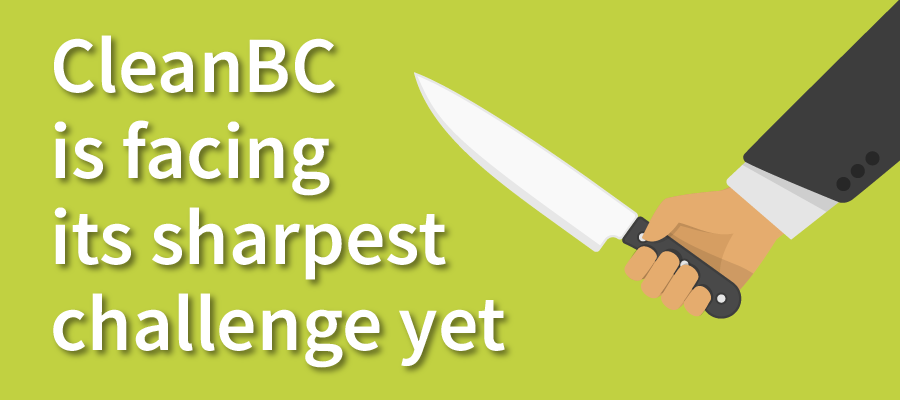Thinking about zero
I’m still coming out of my malaise following the Copenhagen climate conference in December. It’s easy to think that the stupid political brinksmanship is never going to end, and the focus of attention will shift to adaptive measures. But what is more likely is a few more Katrina scale disasters that will serve to spur rapid action, and we’ll then see some aggressive measures unfold over the course of a decade, rather than the take-it-slow gradual approach advocates of carbon taxes have proposed but that politicians are unwilling to engage.
Most of my research these days has been on the big topic of what aggressive change looks like: where we need to get to and what the justice issues are in the transition. This is the essence of our SSHRC-funded Climate Justice Project. We did some early research on greenhouse gas targets for 2050, and found that BC needed a 94% reduction to get to an emissions level that was sustainable and equitable globally.
But these days I’m loving the logic of zero. The City of Vancouver’s Greenest City Action Team made such a recommendation of zero fossil fuels by 2040, and so I’ve tried to adopt that as a goal for projects. One could certainly argue it is not aggressive enough, but it is definitely realistic. Most of the capital stock of society turns over within a 30-year time span, which means a lot of action could be addressed with minimal impact by setting strict marketplace standards. Beyond this are some major structural issues that have to do with housing, neigbourhoods and transportation, but with good planning this too seems do-able.
For example, in the UK all new homes built after 2016 must be zero carbon. This means, according to a Q&A in the Guardian:
Three words are key in the zero-carbon world: insulation, insulation and insulation. And maybe “airtightness” too. Most of Britain’s housing stock is what’s called “leaky” in the sense that buildings lose heat through badly insulated walls and roofs as well as through draughty windows. In zero-carbon homes all that changes – walls are heavily insulated, floors and roofs keep heat in, and triple-glazed draught-proofed windows stop warmth flooding out. … Many have heat exchangers in the loft through which the warm, stale air from in the house is expelled while fresh air from the outside is drawn in, picking up the heat on the way to avoid wasting it. This means the building can pretty much heat itself from the body warmth of its inhabitants, cutting heating bills virtually to zero. This is all in winter, of course. If the house feels too warm in the summer, you just open the window.
For vehicles, I’d suggest something like banning the sale of new vehicles with internal combustion engines by 2025 (with some targets for hybrids and electric vehicles along the way), and banning them from the road entirely by 2040. In the interim, urban planning will need to be supercharged to reduce the need for cars in the first place by developing more compact communities where it makes more sense to walk or bike for the vast majority of trips, but also a more aggressive deployment of public transit.
As in vehicles, eliminating fossil fuels means finding sources of clean electricity to power what we do, in particular the heavy industry that makes stuff we like. There are massive efficiency gains to be had from our existing suite of appliances and gadgets that can get us some breathing room, but new sources will be needed, from the small home/neighbourhood scale up to the regional/provincial. This is all do-able — what is standing in the way are the vested interests of the fossil fuel industries.
Then again, perhaps zero is not completely attainable. There will inevitably be need for back-up supplies and some transportation services (airplanes and ships) that need energy dense fuel. Technically, there is small bit of greenhouse gas emissions that can be absorbed by the Earth, which might give us some wiggle room, but there is also evidence that those sinks are getting clogged, and if scientists like James Hansen are right we need those sinks to reduce the absolute level of GHGs in the atmosphere.
The best hope for flying and shipping is biofuels, but they will be competing with food supplies and other potential uses of land, so real reductions in air travel and shipping seem inevitable (goodbye, one-week golfing trip to Mexico). That dynamic may well happen sooner rather than later due to escalating prices from peaking oil supplies. While a lot of the changes need for climate action need not affect our quality of life, and may in fact improve it, reductions in air travel and shipping may be the hardest ones to swallow.
Topics: Climate change & energy policy, Environment, resources & sustainability

